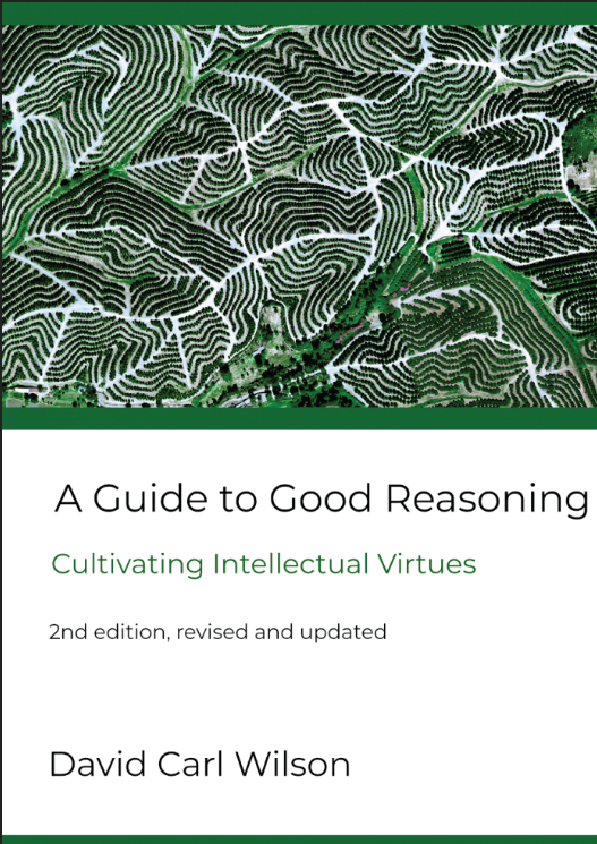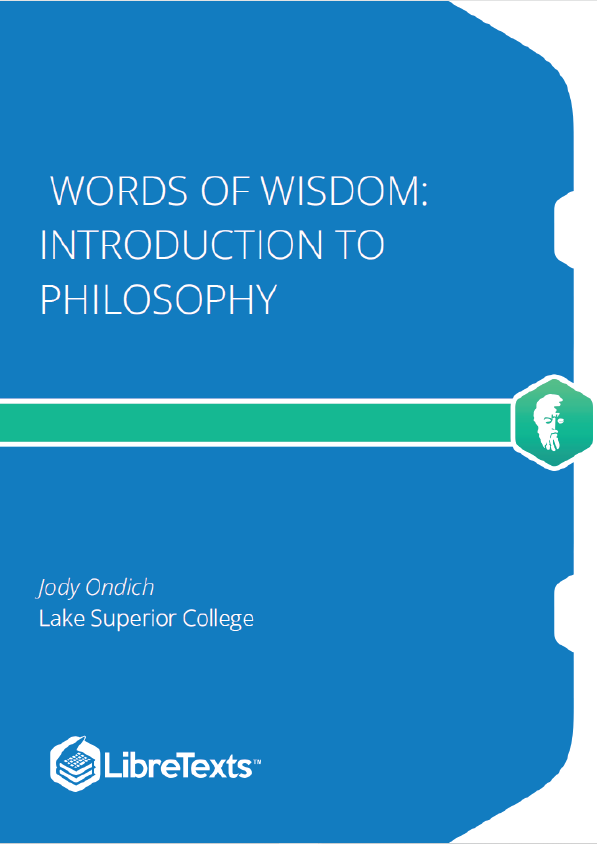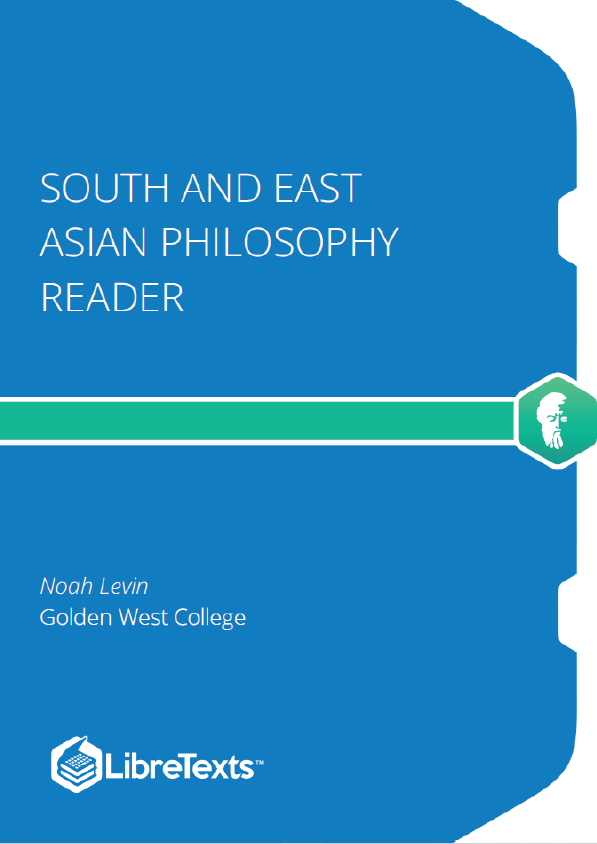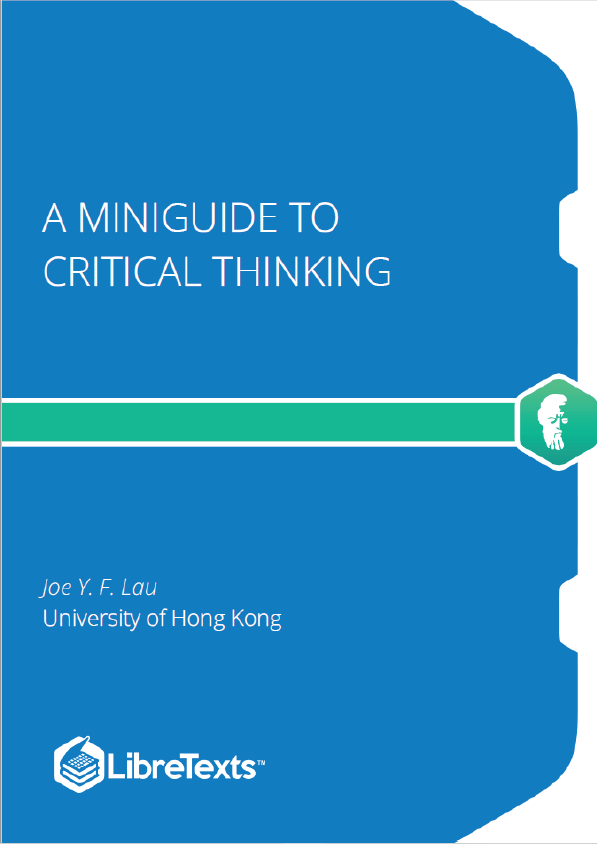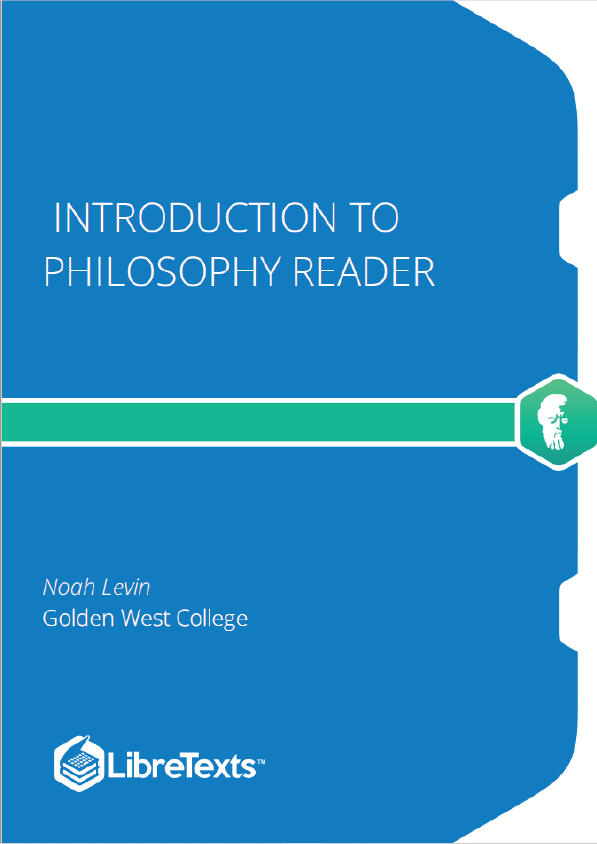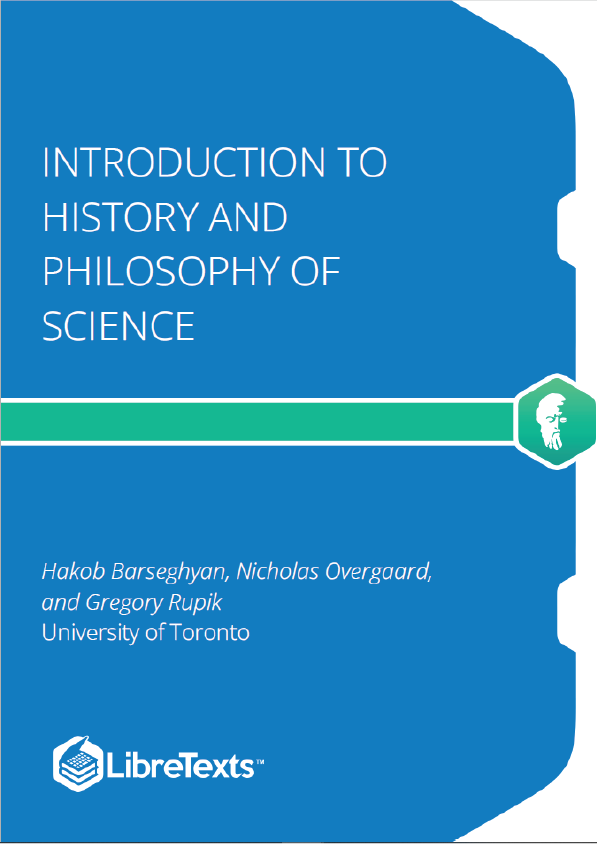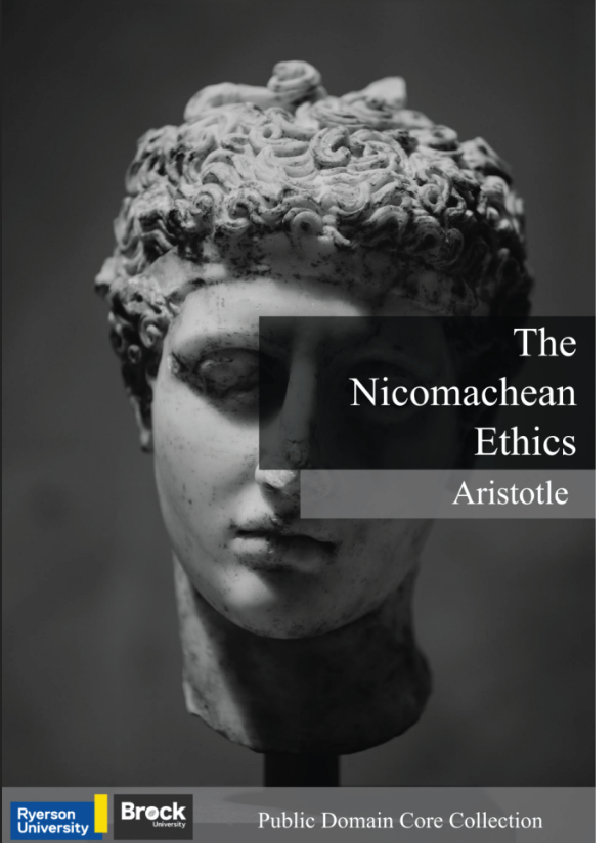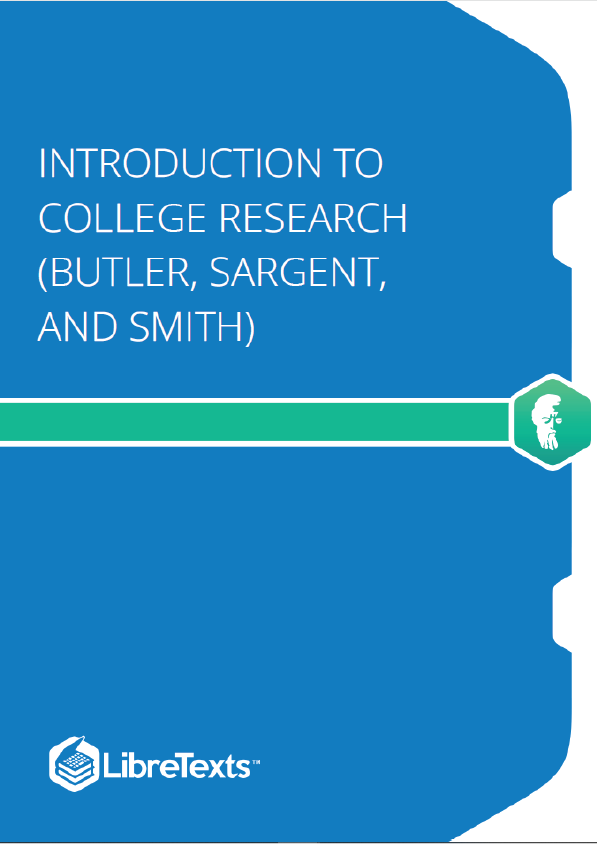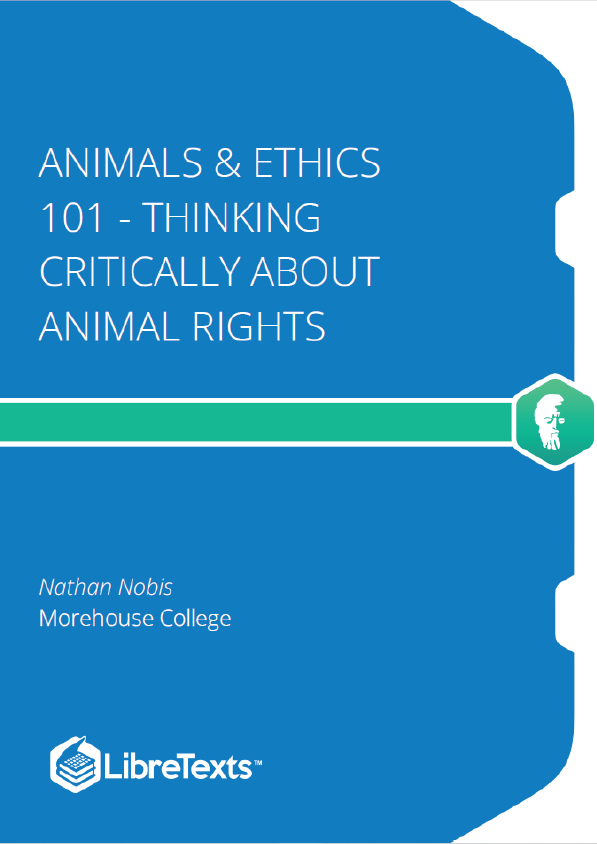You know the answers to many of the questions you care about, but you merely have opinions about many others. What is the difference between knowledge and opinion? Why is it that you now know, for example, that your teacher is highly competent, even though at one time this was only your opinion? The answer has partly to do with your level of confidence; although once you believed it tentatively, you now believe it with assurance. But there is a deeper difference: you now have better reasons for believing it. You have read her student evaluations, talked to many of her former students, maybe even taken a class from her yourself. There might still be some remote chance that she will disappoint you. (If it does turn out that you have been misled, you will conclude that it was merely an opinion all along—that you thought you knew that she was highly competent, but you never really knew it.) But, from where you now sit, your reasons are so good that you do justifiably claim it as knowledge and not as mere opinion.
So an important difference between knowledge and mere opinion is the quality of your reasons. Your reasons are what you depend on in support of what you believe—regardless of whether you consider what you believe to be knowledge or mere opinion. There are many rough synonyms for reasons: evidence, warrant, justification, basis, grounds, rationale, and—the term we will rely on most heavily—premises.
more. The title is not A Guide to Good Reasons; it is A Guide to Good Reasoning. Typically, reasons are something you have, while reasoning is something you do. The term reasoning refers here to the attempt to answer a question by thinking about reasons, as in the sentence He stood in the polling booth, reasoning one last time about the relative merits of the two candidates. Good reasoning is the thinking most likely to result in your having good reasons for your answers—and, thus, the sort of thinking most likely to give you knowledge rather than mere opinion.
Good reasoning, as Ambrose Bierce hints in the lead quotation, does not guarantee anything. Even with the best of reasoning you might still end up with a false belief and thus fail to have knowledge. Consider those before the time of Copernicus who believed that the sun orbited the Earth. Given the limited information available to them, there was nothing wrong with their reasoning. But their belief was false, and thus they did not know that the sun orbited the Earth. But the fallibility of good reasoning is no basis for rejecting it. There is simply no infallible substitute for it. And it is by continuing to reason well in the presence of new information that you learn that some of your beliefs are false—for example, that it is actually the Earth that orbits the sun.
Aristotle, in the other lead quotation, may be overenthusiastic in saying that good reasoning leads to the best, pleasantest, and happiest life. Some people might benefit from concentrating a little less on reason and a little more on friendship and human kindness—though, Aristotle might reply, the right use of reason—good reasoning—would tell them just that! Good reasoning does make an enormous contribution to a good life. For answering the questions you care about, knowledge is better than mere opinion and, thus, good reasoning beats bad reasoning.
